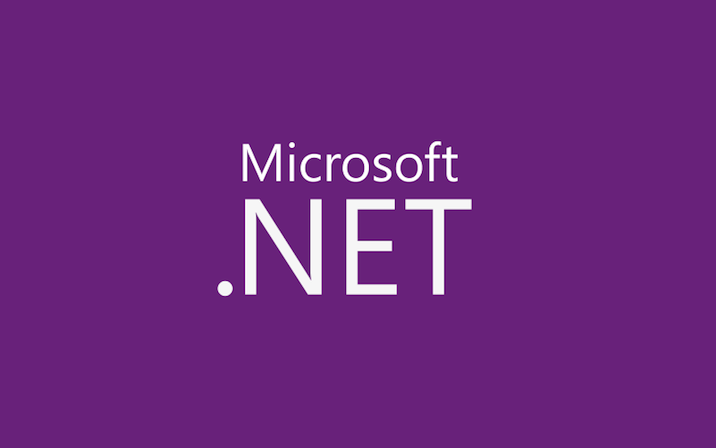


Parallel Computing Presentations in Michigan, Ohio, Kentucky, and Tennessee

Task.Wait and “Inlining”

Parallelized Map and Filter Operations

Choosing Between the Task Parallel Library and the ThreadPool

TaskScheduler.FromCurrentSynchronizationContext

The meaning of TaskStatus

Implementing Parallel While with Parallel.ForEach

Parallel Extensions and I/O


 Light
Light Dark
Dark